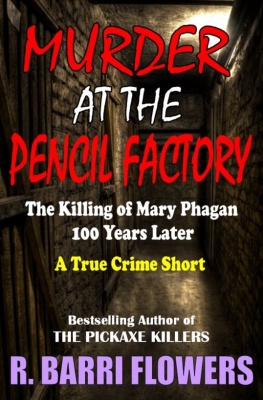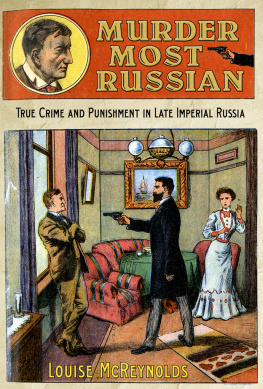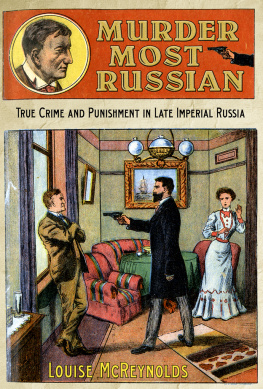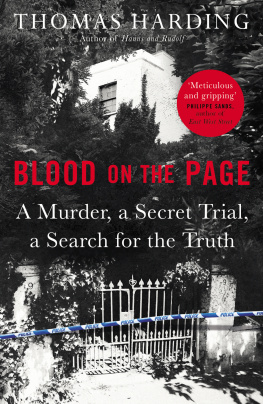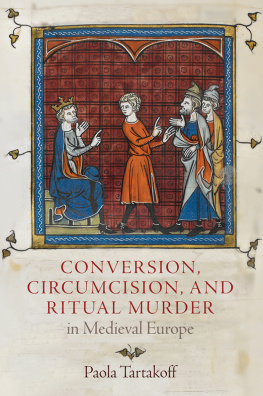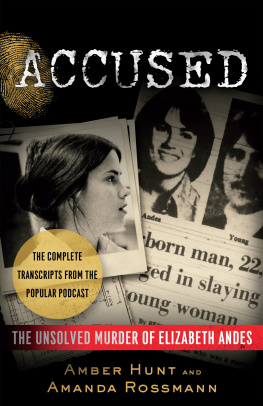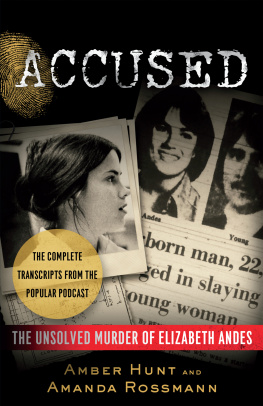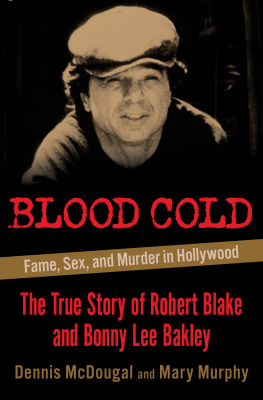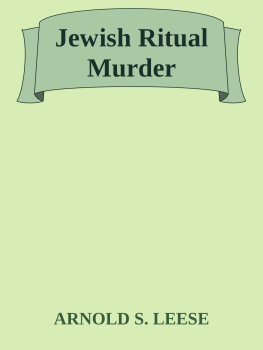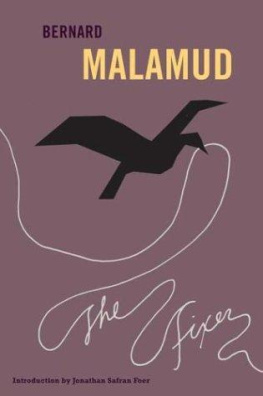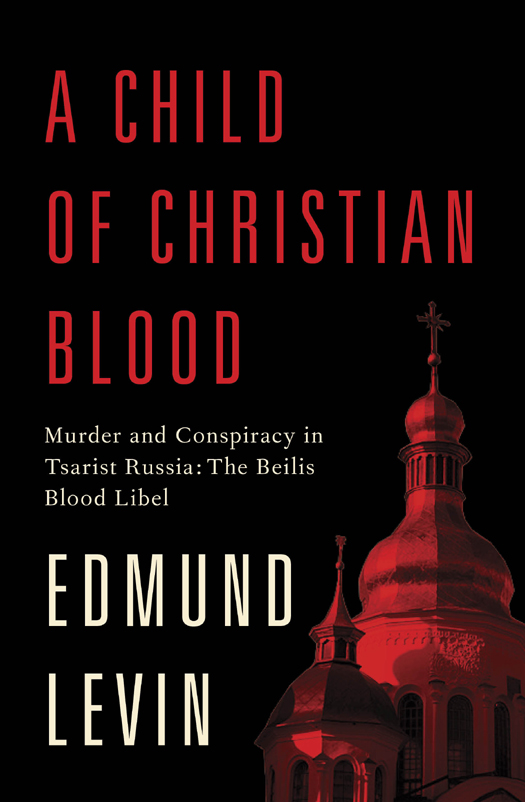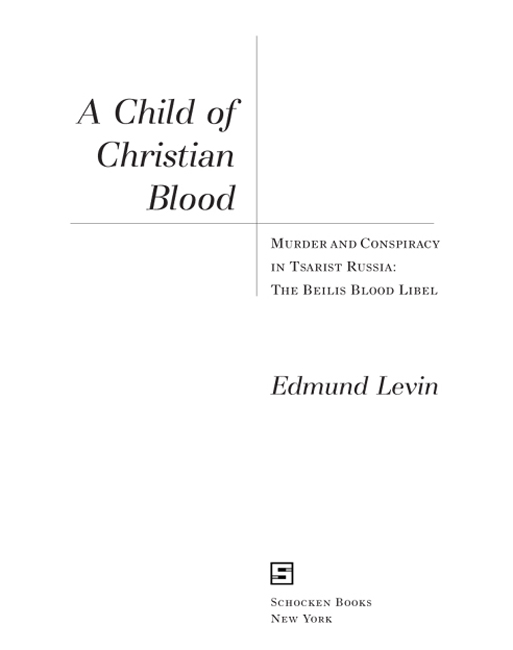Edmund Levin - A Child of Christian Blood: Murder and Conspiracy in Tsarist Russia: The Beilis Blood Libel
Here you can read online Edmund Levin - A Child of Christian Blood: Murder and Conspiracy in Tsarist Russia: The Beilis Blood Libel full text of the book (entire story) in english for free. Download pdf and epub, get meaning, cover and reviews about this ebook. year: 2014, publisher: Schocken, genre: Detective and thriller. Description of the work, (preface) as well as reviews are available. Best literature library LitArk.com created for fans of good reading and offers a wide selection of genres:
Romance novel
Science fiction
Adventure
Detective
Science
History
Home and family
Prose
Art
Politics
Computer
Non-fiction
Religion
Business
Children
Humor
Choose a favorite category and find really read worthwhile books. Enjoy immersion in the world of imagination, feel the emotions of the characters or learn something new for yourself, make an fascinating discovery.

- Book:A Child of Christian Blood: Murder and Conspiracy in Tsarist Russia: The Beilis Blood Libel
- Author:
- Publisher:Schocken
- Genre:
- Year:2014
- Rating:5 / 5
- Favourites:Add to favourites
- Your mark:
A Child of Christian Blood: Murder and Conspiracy in Tsarist Russia: The Beilis Blood Libel: summary, description and annotation
We offer to read an annotation, description, summary or preface (depends on what the author of the book "A Child of Christian Blood: Murder and Conspiracy in Tsarist Russia: The Beilis Blood Libel" wrote himself). If you haven't found the necessary information about the book — write in the comments, we will try to find it.
A Jewish factory worker is falsely accused of ritually murdering a Christian boy in Russia in 1911, and his trial becomes an international cause clbre.
On March 20, 1911, thirteen-year-old Andrei Yushchinsky was found stabbed to death in a cave on the outskirts of Kiev. Four months later, Russian police arrested Mendel Beilis, a thirty-seven-year-old father of five who worked as a clerk in a brick factory nearby, and charged him not only with Andreis murder but also with the Jewish ritual murder of a Christian child. Despite the fact that there was no evidence linking him to the crime, that he had a solid alibi, and that his main accuser was a professional criminal who was herself under suspicion for the murder, Beilis was imprisoned for more than two years before being brought to trial. As a handful of Russian officials and journalists diligently searched for the real killer, the rabid anti-Semites known as the Black Hundreds whipped into a frenzy men and women throughout the Russian Empire who firmly believed that this was only the latest example of centuries of Jewish ritual murder of Christian childrenthe age-old blood libel.
With the full backing of Tsar Nicholas IIs teetering government, the prosecution called an array of expert witnessespathologists, a theologian, a psychological profilerwhose laughably incompetent testimony horrified liberal Russians and brought to Beiliss side an array of international supporters who included Thomas Mann, H. G. Wells, Anatole France, Arthur Conan Doyle, the archbishop of Canterbury, and Jane Addams. The jurys split verdict allowed both sides to claim victory: they agreed with the prosecutions description of the wounds on the boys bodya description that was worded to imply a ritual murderbut they determined that Beilis was not the murderer. After the fall of the Romanovs in 1917, a renewed effort to find Andreis killer was not successful; in recent years his grave has become a pilgrimage site for those convinced that the boy was murdered by a Jew so that his blood could be used in making Passover matzo. Visitors today will find it covered with flowers.
(With 24 pages of black-and-white illustrations.)
Edmund Levin: author's other books
Who wrote A Child of Christian Blood: Murder and Conspiracy in Tsarist Russia: The Beilis Blood Libel? Find out the surname, the name of the author of the book and a list of all author's works by series.

